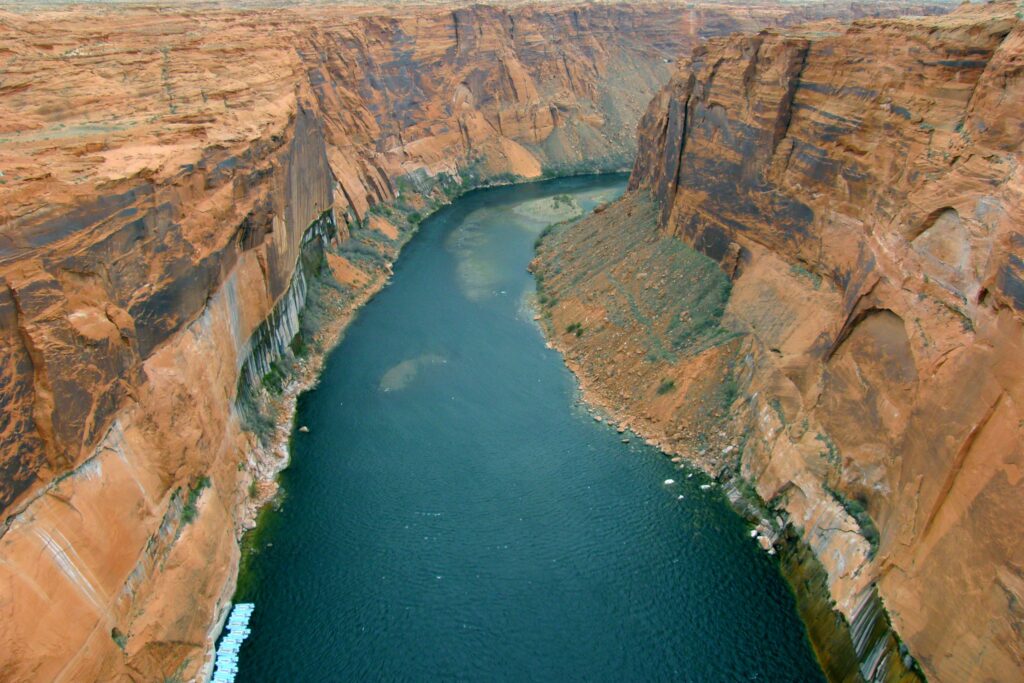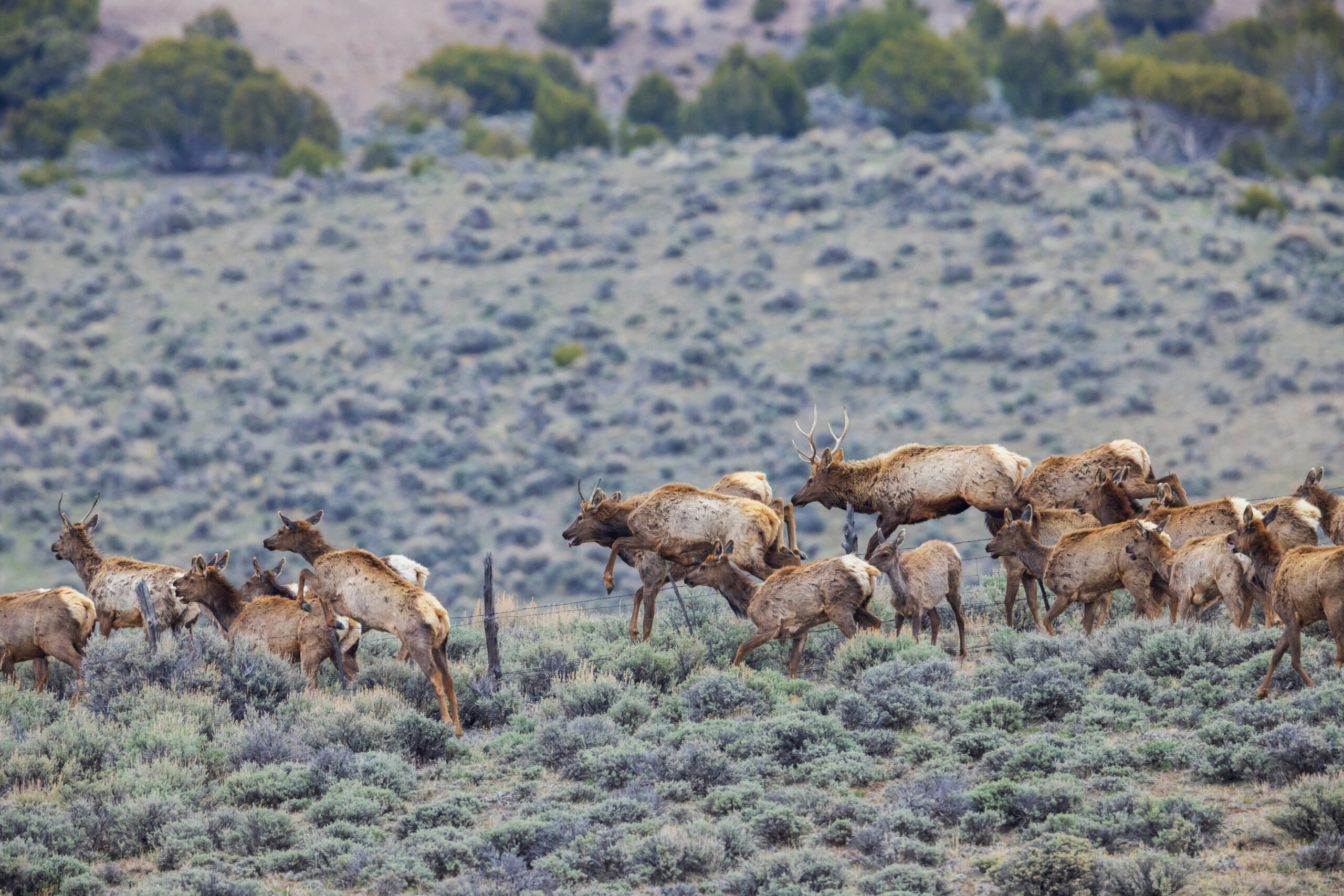This article was originally published by the Arizona Capitol Times.
“The Colorado River Indian Tribes have been the stewards of the river since long before the dams were built, and the settlers entered the basin,” Chairwoman of the Colorado River Indian Tribes Amelia Flores recently wrote. The group of four tribes located primarily in western Arizona has significant rights to Colorado River water. But as Flores added, even as water levels on the river are drastically low, it is illegal for the tribes to lease water to off-reservation users.
Federal law prohibits many Native American tribes from leasing their water off reservation. The policy is outdated because, first and foremost, tribes deserve the autonomy to do with their water as they please. And giving them the option to market their water off reservation—if they choose to do so—would unlock a new source of revenue and allow them to invest proceeds in better water infrastructure, farming technologies, or other priorities. Moreover, tribal water marketing would benefit cities and other potential trade partners who face increasing uncertainty over water supply as drought and aridification threaten the Colorado River Basin.
Nominally, reservation treaties signed in centuries past granted water rights to Native American tribes. Those treaties, however, did not quantify the tribal rights or establish them in a meaningful way. Some tribes have successfully quantified their water rights through negotiated settlements or court decrees, but that water cannot be traded to off-reservation users. While other water rights holders are able to sell their share of water to other users, tribes are prohibited from marketing their water unless they’ve received ad hoc congressional approval.
The Jicarilla Apache Nation, for instance, can lease or sell its water due to the terms of a 1992 settlement. Recently the tribe announced it will lease up to 20,000 acre-feet of water each year to the state of New Mexico over the next decade, a deal reached in conjunction with the Nature Conservancy. It will bolster the state’s water supplies and improve endangered species habitat along the San Juan River.
Those sorts of benefits, however, remain out of reach for many tribes and their potential trading partners throughout the Colorado River Basin. A recent report published by the Property and Environment Research Center notes that federal barriers to tribal water marketing force various tribes to forgo an estimated $563 million to $1.3 billion dollars each year, or between $3,200 and $7,300 per reservation resident. The barriers also mean that water often remains trapped in low-value, low-efficiency activities such as flood irrigation.
On some reservations, there is little incentive to boost farming efficiency by adopting water-conserving technologies, because many tribes would be unable to market the saved water to municipalities, conservationists, or other interested trading partners. If those tribes could market their water, then they could conceivably use the revenues to invest in better water infrastructure, more efficient irrigation systems, or whatever other priorities they may have.
In December, Arizona Senators Mark Kelly and Kyrsten Sinema introduced legislation that would allow the Colorado River Indian Tribes to lease water off reservation. While that effort should be lauded as it would empower those four tribes, it would apply only to them.
An even better alternative to such a piecemeal approach would be for Congress to uniformly grant tribes the authority to market their water as they please. Reforming tribal water rights would do more than just give tribes the autonomy they deserve and an additional source of revenue. It would also benefit communities, farmers, businesses, and other water-dependent entities who seek more flexibility and resiliency given the extreme drought and record temperatures.
Tribal nations deserve to manage their water rights as they so choose. Congress should uniformly give tribes the option to lease their water rights to other water users. This needed improvement would strengthen tribal sovereignty over resources while also providing more water options in the drought-stricken West.




